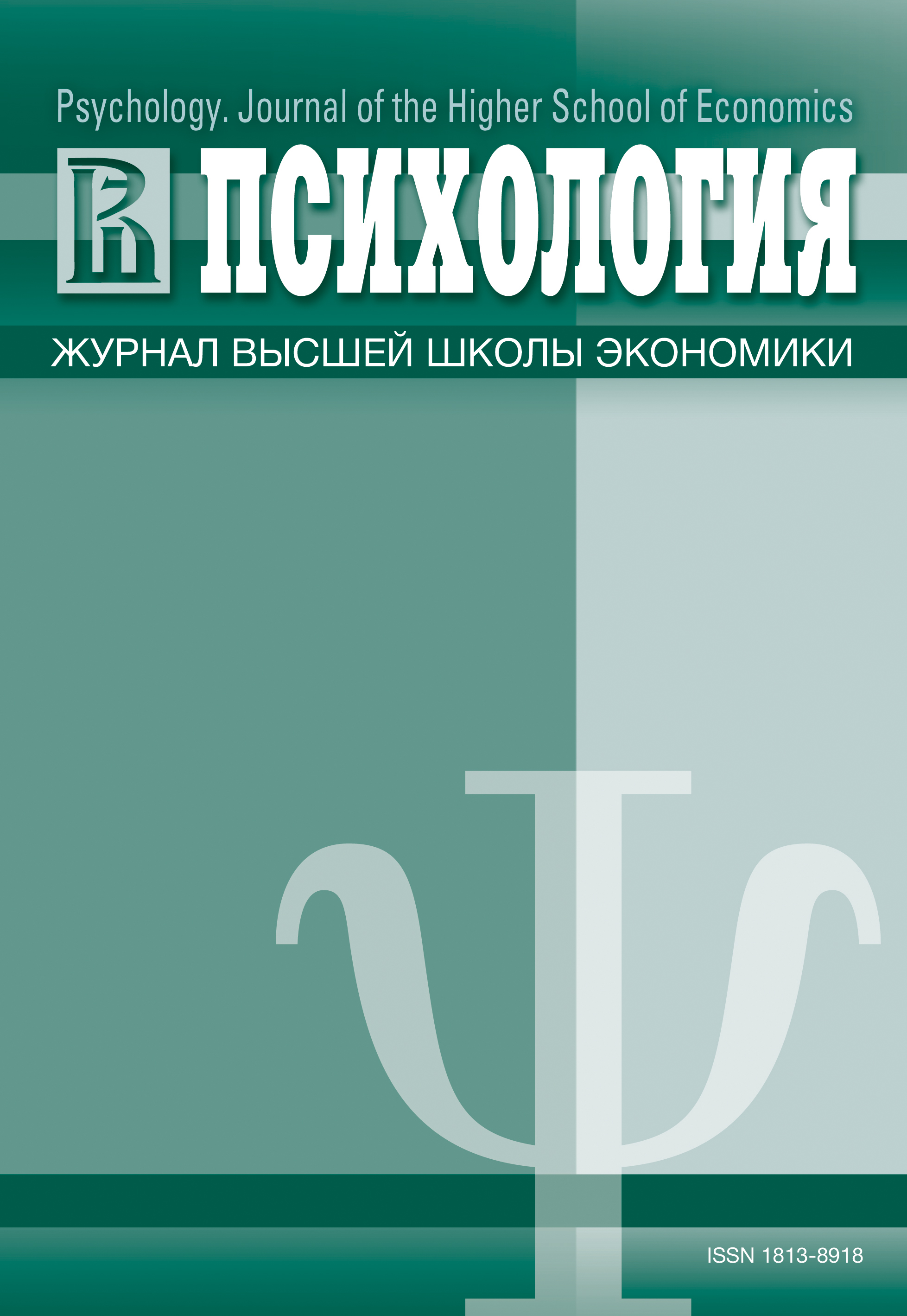Этнические предрассудки в России: Методика для измерения предрассудков в отношении к мигрантам (на английском языке)
Ключевые слова:
этнические предрассудки, этническая идентичность, относительная депривация, гипотеза контакта
Аннотация
Этнические предрассудки — важный фактор, оказывающий влияние на отношения между этническими группами. Для измерения хорошо осознаваемых этнических предрассудков используются опросники, которые включают вопросы и утверждения, отражающие разные аспекты негативного отношения к этническим группам. Поскольку большинство подобных методик создано в странах Северной Америки и Западной Европы, они отражают содержание этнических предрассудков, распространенных в этих регионах, и нуждаются в изменении с учетом культурного контекста. Целью данного исследования является модификация опросника для измерения отношения к мигрантам на основе шкалы явных и скрытых предрассудков Т. Петтигрю и Р. Миртенса для российской выборки (Pettigrew, Meertens, 1995). Исследование включало в себя пилотажный и основной этап исследования. Участники пилотажного этапа (N = 355) заполняли русскоязычную версию оригинального варианта опросника Петтигрю и Миртенса, оценивая мигрантов, приехавших в Россию из Средней Азии и с Кавказа. Полученные результаты продемонстрировали низкую структурную валидность оригинальной версии шкалы. Участники основного этапа исследования (N = 402) заполняли модифицированную версию опросника, который включал в себя 28 утверждений. Результаты показали, что наибольшей структурной валидностью обладает пятифакторная модель, включающая в себя следующие шкалы: «воспринимаемая экономическая угроза», «воспринимаемая физическая угроза», «избегание близкого контакта», «воспринимаемые проблемы в адаптации», «преувеличение культурных различий». Они продемонстрировали, что российские предрассудки к мигрантам из Средней Азии и с Кавказа связаны с относительной депривацией, этнической идентичностью и интенсивностью межгруппового контакта. При этом структура методики носит универсальный характер, а связи отдельных факторов с критериальными переменными зависят от группы — объекта предрассудков. В частности, относительная депривация и количество контактов сильнее связаны с предрассудками в отношении мигрантов из Средней Азии, чем мигрантов с Кавказа.Скачивания
Данные скачивания пока не доступны.
Опубликован
2015-07-03
Как цитировать
ГулевичО. А., СариеваИ. Р., & ПрусоваИ. С. (2015). Этнические предрассудки в России: Методика для измерения предрассудков в отношении к мигрантам (на английском языке). Психология. Журнал Высшей школы экономики, 12(2), 112-132. https://doi.org/10.17323/1813-8918-2015-2-112-132
Выпуск
Раздел
Статьи выпуска





